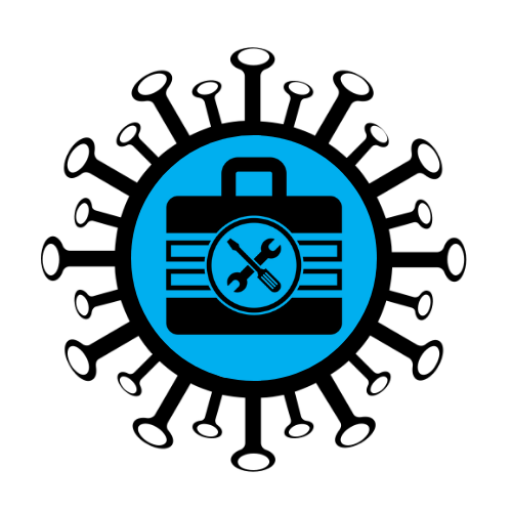A mysterious lung disease emerged in the central Chinese metropolis of Wuhan in late 2019 and spread rapidly to other countries, reaching Switzerland in late February 2020. On March 11, the World Health Organization classified the novel coronavirus as a global pandemic. The SNF NRP 78 “Covid-19” project at the Institute for Tourism and Mobility explores how Swiss travelers perceive the risk of infectious diseases and how this affects decisions regarding tourist behavior.
In particular, international tourism is one reason why the virus was able to spread rapidly to other countries. For this reason, travel has been restricted worldwide for a period of time and numerous non-pharmaceutical interventions (NPIs) have been put in place to contain the pandemic to the greatest extent possible without the presence of a vaccine. Gradually, these measures are now being adapted to the situation, so that unrestricted travel may again be possible in 2022.
For the research team of the Institute for Tourism and Mobility (ITM) at HSLU-W consisting of Prof. Dr. Timo Ohnmacht and Dr. Andreas Hüsser the focus is on the following questions:
- How do Swiss travelers perceive the risk of infectious diseases?
- How does this affect decisions regarding tourist behavior?
- How great is the acceptance of and adherence to non-pharmaceutical interventions such as social distancing, hand washing, and mask wearing while traveling?
In light of the research question, socio-psychological models provide promising new approaches in COVID-19 research related to epidemiology and disease prevention. The research project will first combine the Theory of Planned Behavior (TPB) with the Health Belief Model (HBM). After identifying the significant dimensions of influence through a representative survey of the Swiss population, different measures and interventions will be explored in a second survey based on an experimental design. Based on this, strategies and guidelines for the prevention of infections in the field of tourism will be developed with recommendations for effective interventions, which will be presented in “toolboxes”. These “toolboxes” will be disseminated among partner networks, which include the Federal Office for Civil Protection (FOCP).
